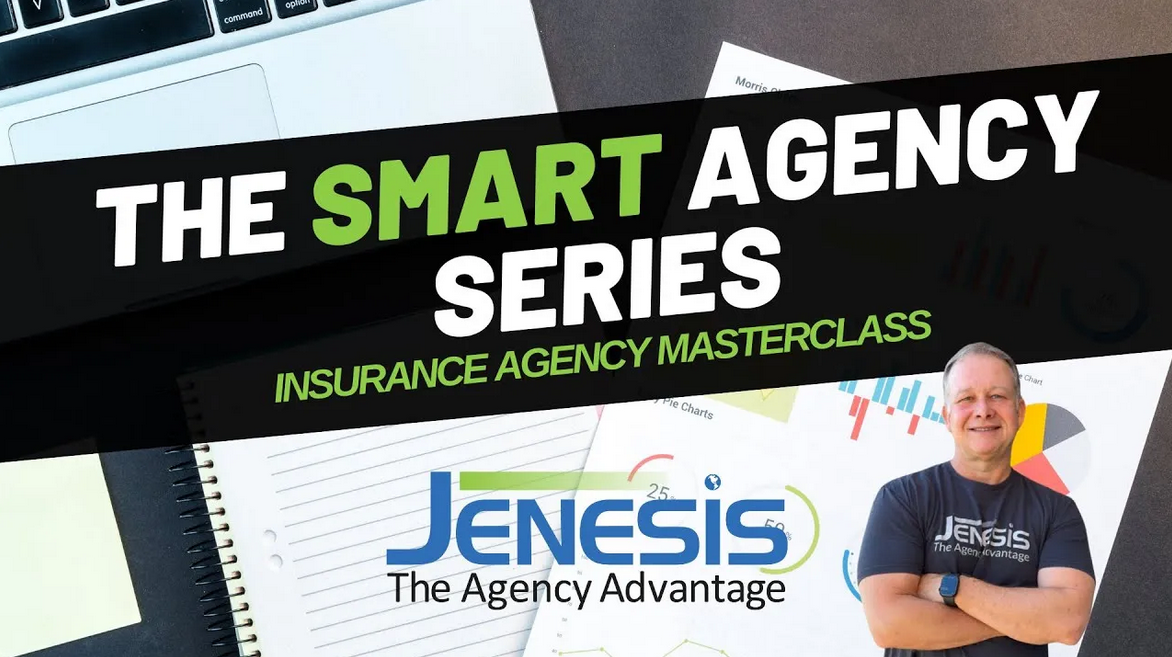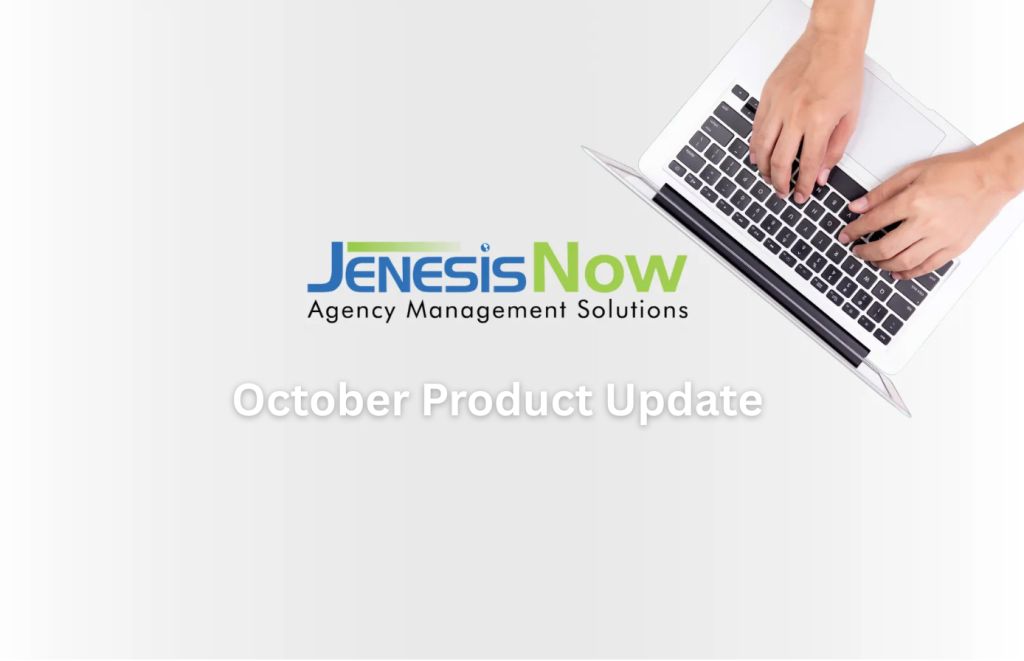
 Grow your insurance agency with the **JenesisLink AI ChatBot**—a 24/7 lead capture and customer service tool built for independent insurance agencies.
Grow your insurance agency with the **JenesisLink AI ChatBot**—a 24/7 lead capture and customer service tool built for independent insurance agencies.
In this webinar, you’ll learn how our AI chatbot:
 Captures leads instantly (even after hours)
Captures leads instantly (even after hours)
 Answers client FAQs automatically
Answers client FAQs automatically
 Integrates with JenesisNow & marketing workflows
Integrates with JenesisNow & marketing workflows
 Helps your agency close more business with less effort
Helps your agency close more business with less effort
 Perfect for agencies looking for insurance chatbots, AI automation for insurance, and insurance agency marketing tools.
Perfect for agencies looking for insurance chatbots, AI automation for insurance, and insurance agency marketing tools.
